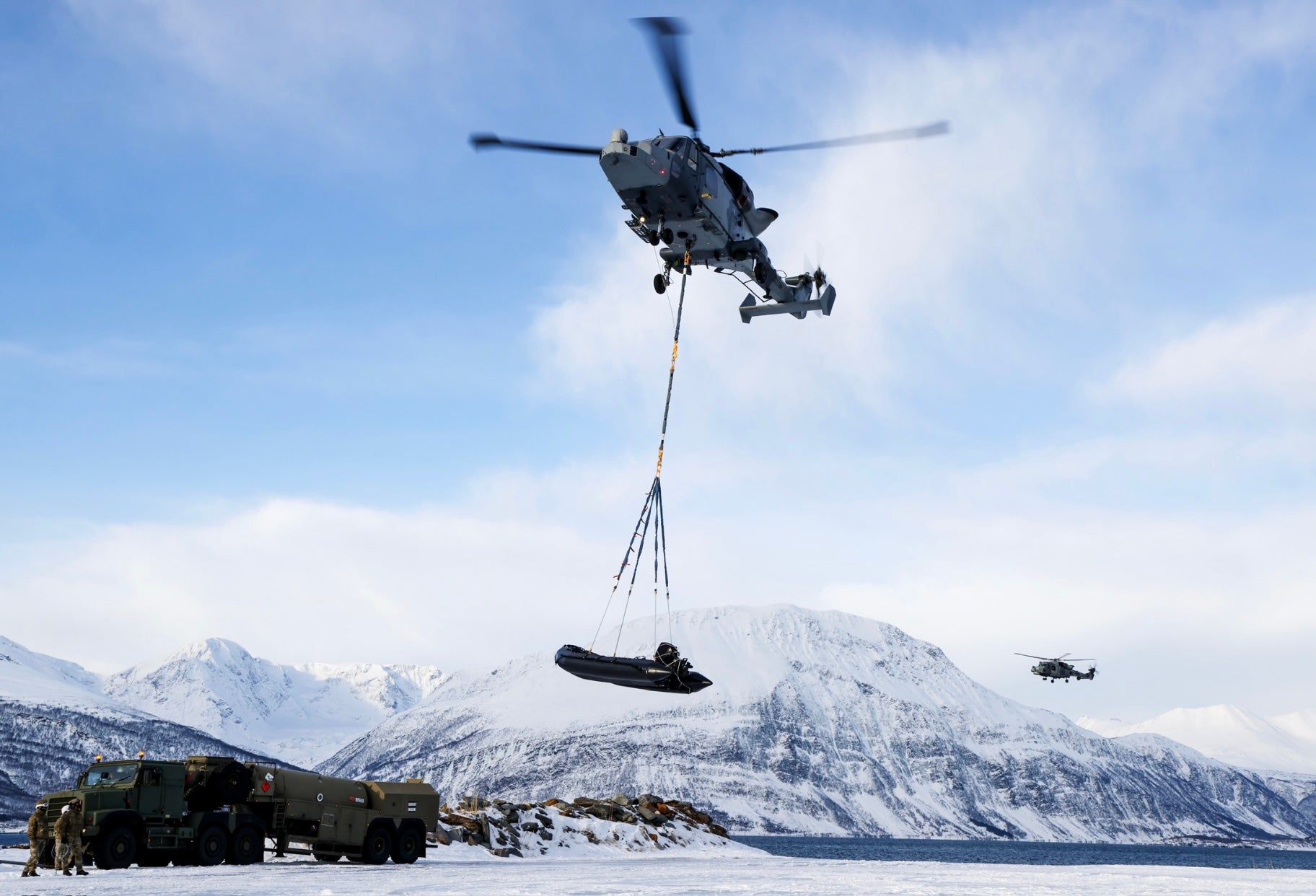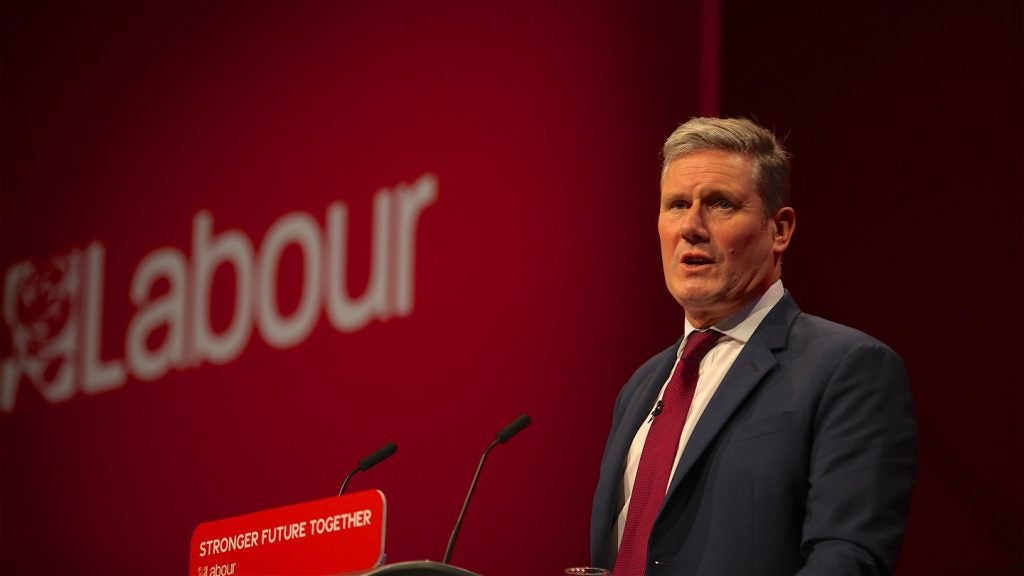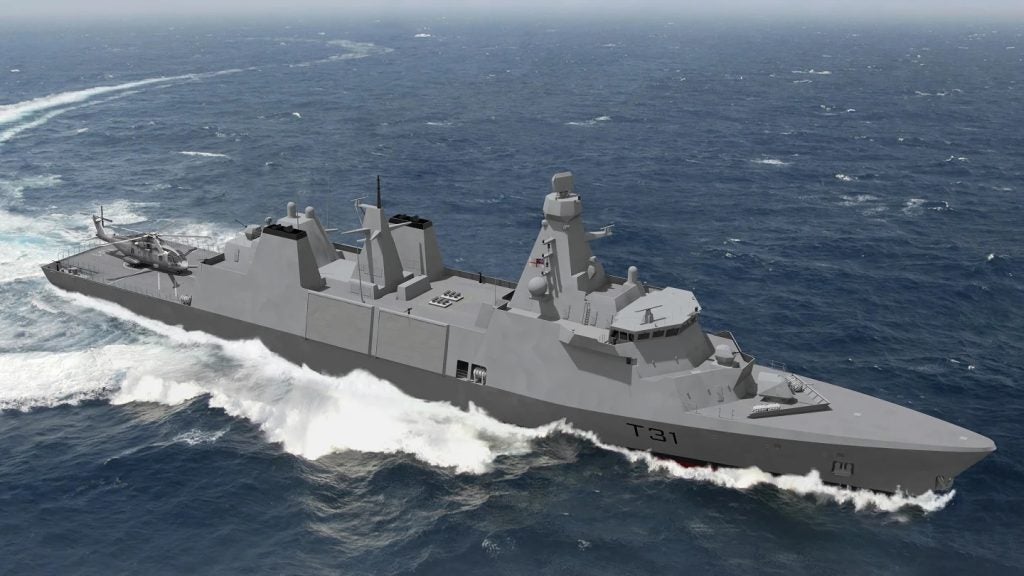
With the breakdown in relations between the members of the Arctic Council, the House of Lords International Relations and Defence Committee (IRDC) convened an inquiry that took evidence today, 26 April, on UK and Nato allies interests in the Arctic and the High North.
In an interview with Naval Technology Lord Ashton, chair of the IRDC, explained that as Russia is currently the chair of the Arctic Council of the eight Arctic states, and Russia’s invasion of Ukraine having soiled relations between the parties involved, the other seven nations are in a position where they can no longer cooperate with the council.
The secretariat of the council still functions, said Lord Ashton, but ”anything that the chair would normally have initiated didn’t happen.”
“The time of Arctic exceptionalism is over,” said Lord Ashton, lamenting the end of “what was a very good example of multipolar diplomacy in the Arctic Council.”
“There were examples where, despite the official position of different states, the officials and the secretariat and the scientists all got on very well and were able to achieve things between themselves because they largely had the same point of view and they treated the Arctic as different and not involved.“
“The Arctic Council never got involved in security aspects.”
How well do you really know your competitors?
Access the most comprehensive Company Profiles on the market, powered by GlobalData. Save hours of research. Gain competitive edge.

Thank you!
Your download email will arrive shortly
Not ready to buy yet? Download a free sample
We are confident about the unique quality of our Company Profiles. However, we want you to make the most beneficial decision for your business, so we offer a free sample that you can download by submitting the below form
By GlobalDataThe evidence session on 26 April focussed on Arctic security threats and defence capabilities, taking evidence from experts in the field from academia, independent research bodies and the services.
The committee will be looking to understand what role the UK can play in Arctic defence and deterrence, and in the event of a confrontation, what capabilities the United States, the United Kingdom, and other Nato members have to project troops forward into the European Arctic.
Part of this will relate to a survey of unique obstacles to military operations in the High North, with particular regard to the special training and equipment that are required to operate in the Arctic. If the High North is expected to be a source of significant military rivalry or security challenges in the future, some determination needs to be made about extra infrastructure, including within the UK, that would be required.
During the course of the inquiry, the committee is expected to hear evidence from witnesses with interests in the area of natural resource exploration within the arctic. “That moves in to the diplomatic side in terms of continental shelf, which formerly the Arctic Council were quite good at resolving,” said Lord Ashton, adding “Russia has got some pretty ambitious plans to boost economic development in the Arctic and also militarisation.”
Understanding the current level of militarisation is another goal of the inquiry, including the military balance between Russia and Nato allies in the Arctic. The recent entrance of Sweden and Finland to the alliance will bear considerable examination. Evidence will be sought as to whether Russia is increasing its military presence, and the efforts that other Arctic nations have taken to resist Russia’s presence in the region.
Lord Ashton explained that while the inquiry has taken evidence on climate change in an earlier session, climate change itself will not be a focus of the report, and the evidence taken on ‘the changing situation in the Arctic’ was to provide sufficient context for the committee.
Whether the Arctic Council could return to proper operations in a future after the end of the conflict in Ukraine, Lord Ashton is undecided. “There is an obvious question about after the invasion. How, and when, and is it beneficial to start up again? …I suspect that it would be difficult to go back to square-one, status quo ante, but there might be work that could take place below the radar to start with.”
Lord Ashton expects the IRDC to visit the Arctic Council during the course of the inquiry to find the answer to this question before delivering their final report at the end of the year.







